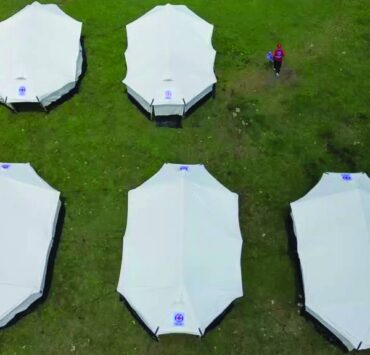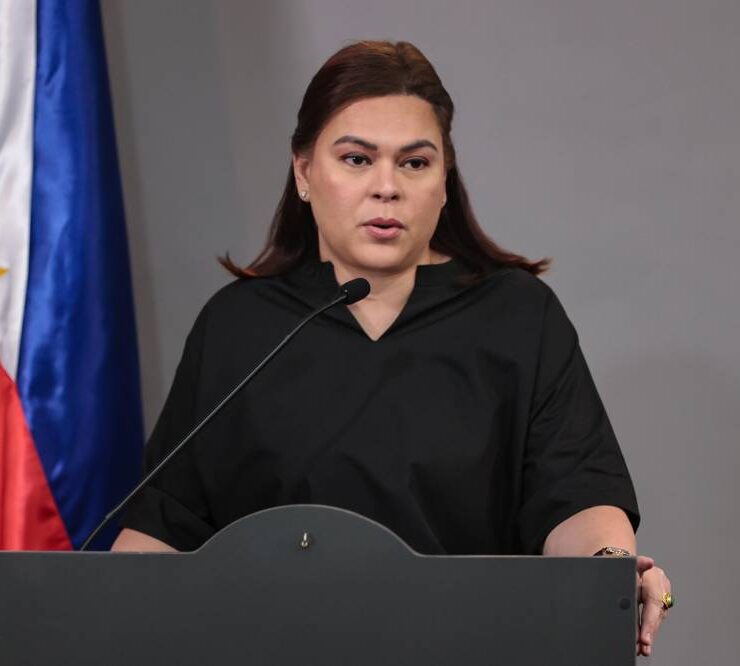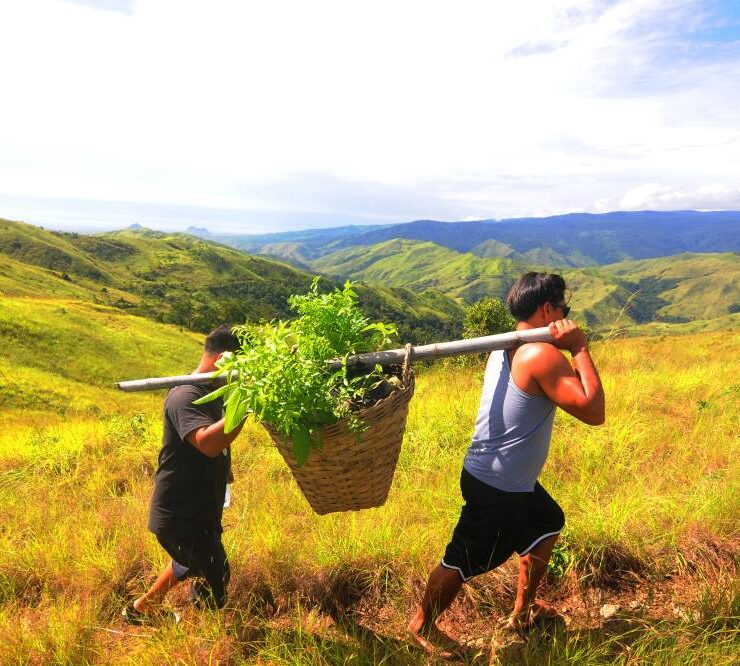Bacolod NGO offers streetchildren way out of abuse, trafficking
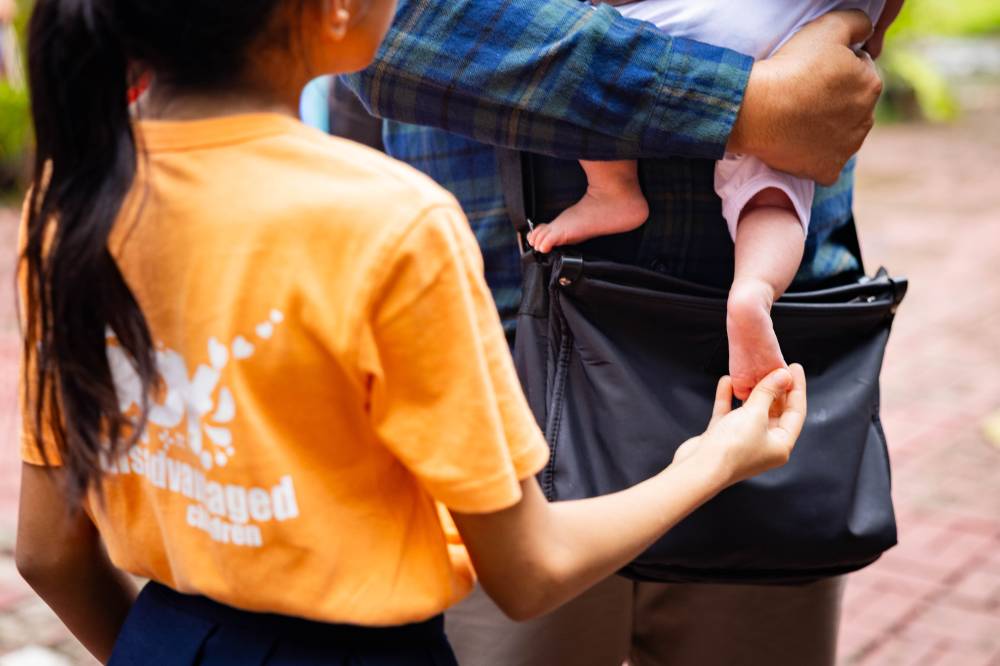
(First of two parts)
BACOLOD CITY—“I will study hard so when I finish school, I can be with my mother again someday,” Mary (not her real name) said as she finished a second cup of ice cream.
Sept. 11 was a busy afternoon at the Kalipay Negrense Foundation in Bacolod, where she and other children welcomed guests, including representatives of the US Embassy in Manila and journalists who were also there to attend a seminar on human trafficking.
Mary told the Inquirer she did not want to return to her father who, she said, had physically abused her and her siblings while their mother worked abroad.
‘Beg and steal’
Now a Grade 7 student, she lives at Recovered Treasures, a residential care facility run by Kalipay that shelters survivors of child trafficking, child labor, abuse, abandonment, neglect, malnourishment and orphanhood.
She cannot recall much about how she and her siblings ended up there, but this she knows—she is good at math, loves to sing and dance, and dreams of becoming a painter.
At the height of the pandemic in 2020, Kalipay rescued another minor—Cedrick, a 9-year-old boy from Leyte who was trafficked with other children and forced to beg for money at fiestas.
Cedrick stopped going home because he had nothing to eat there, recalled Kalipay executive director Mhel Sillador.
Instead, he joined a group that brought children from one fiesta to another until they reached Bacolod, where they were abandoned by the syndicate.
Hard realities
“They beg and steal. So what they do is they gather at the end of the day and [count their earnings] while an the adult cooks their food,” Sillador said.
Three years later, Kalipay reunited Cedrick with his family—an emotional moment, Sillador said, because the boy felt abandoned and even asked them, “Why didn’t you look for me?”
Mary’s and Cedrick’s stories are just two of many exposing the hard realities Filipino children face—the abuse and trafficking that remain widespread despite the government’s crackdown, with minors forced into labor or online sexual exploitation, or sold under the guise of adoption and recruitment.
Nongovernmental organizations like Kalipay play a vital role in complementing government efforts to combat trafficking—rescuing children, providing safe spaces, helping survivors recover and rebuild their lives.
Advocacy programs for children in Negros have made substantial progress, according to Sillador. But he also noted the still prevalent reality that “no matter how educated and civilized our community seem to be, … sexual abuse, child labor and child trafficking still exist in the island.”
He also pointed out that Kalipay does not follow the usual routine of simply feeding, bathing and clothing rescued children.
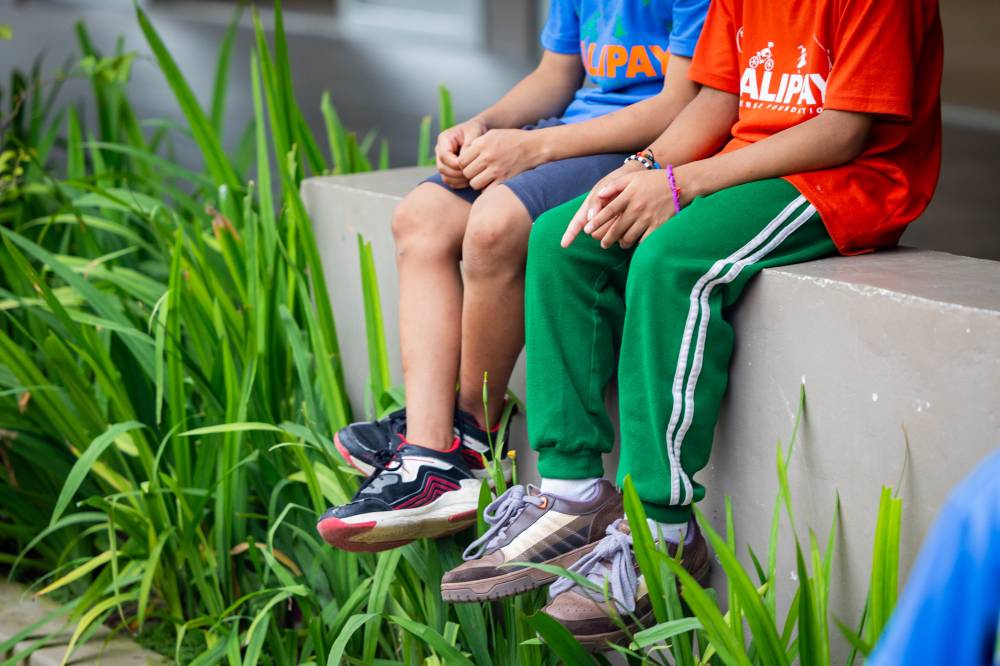
‘Horrible beginnings’
Sillador emphasized the value of education, as he cited a 14-year-old girl among the many children rescued by Kalipay who did not know how to read or write—not because of special needs but because they were never introduced to schooling.
Treasures, the nonprofit’s care facility, currently houses 106 children, with more than 38 of them under protective custody—meaning they have pending cases in court.
“[Regarding] a significant number of them, the perpetrators are at large and the cases involve certain syndicates,” he said.
Sillador recalled the “horrible beginnings” of the foundation, when its education program meant sending children to the nearest public school.
“A lot of our kids feared going out because of the trauma they underwent. In 2016, we were able to put up our very own school and we eventually partnered with UST (University of Santo Tomas) Angelicum College.”
He said this partnership was particularly beneficial to the children, since they could “graduate with a UST diploma, which is very good for them when they apply for college.”
Alternatives
Kalipay’s ultimate goal is to reintegrate the children with the community, Sillador said, because “no matter how much love and care we give these children, no matter how nice, probably,…our facility is, there’s no substitute for the love and care that can be given by their own family.”
When that is not possible, the foundation works to provide alternative family placement through adoption or foster care, or to prepare children for independent living by giving them access to college or vocational education.
Apart from Kalipay, other nongovernmental organizations, such as the International Justice Mission (IJM) are also working with the Inter-Agency Council Against Trafficking, an agency of the Department of Justice, in fighting child trafficking, especially illegal acts online.
In its campaign against online sexual exploitation of children, IJM monitors such activities as livestreaming of child sexual abuse—with its considerable market of sex offenders.
Despite the collective efforts by the government and groups, such as Kalipay and IJM, formidable challenges remain in prosecuting sex trafficking, especially as it involves child victims.















